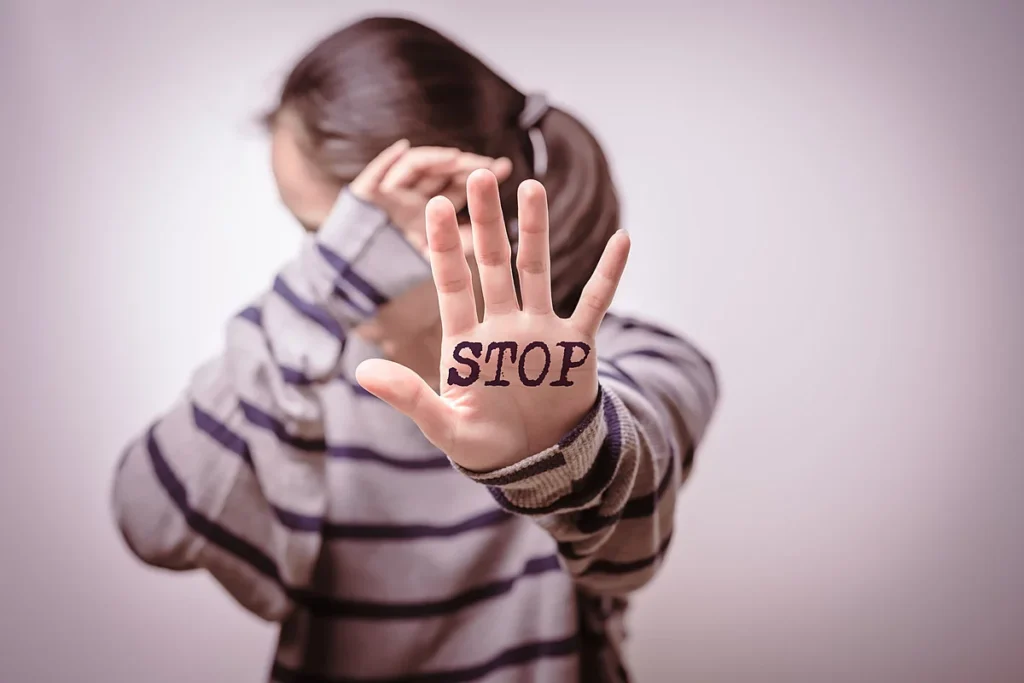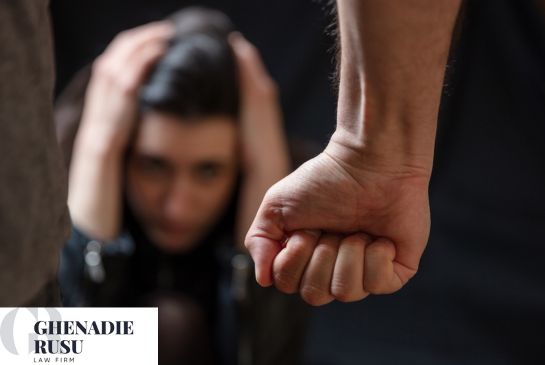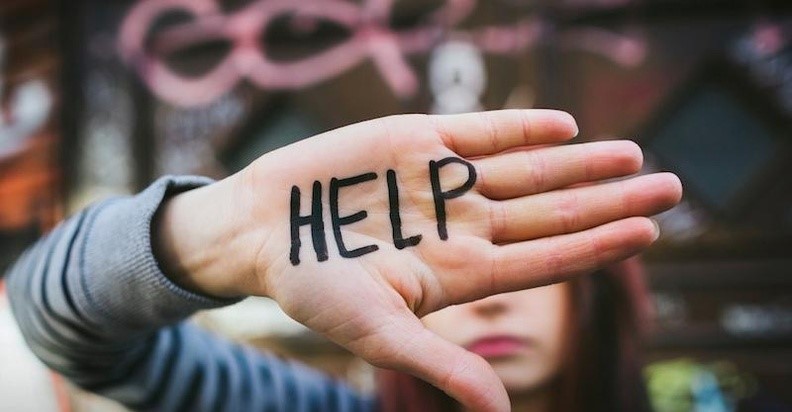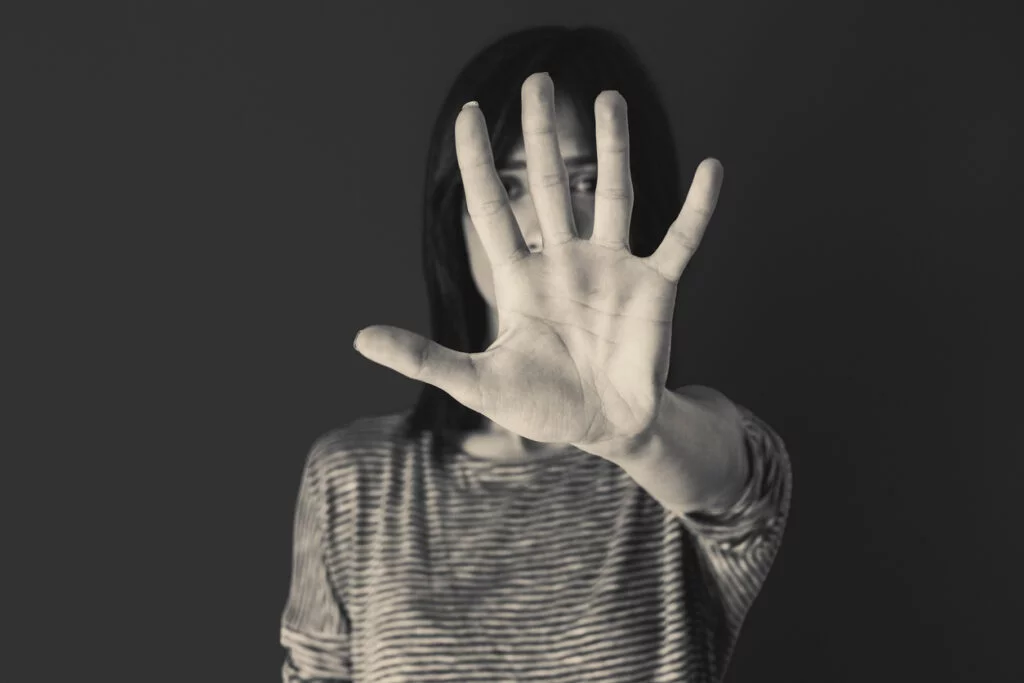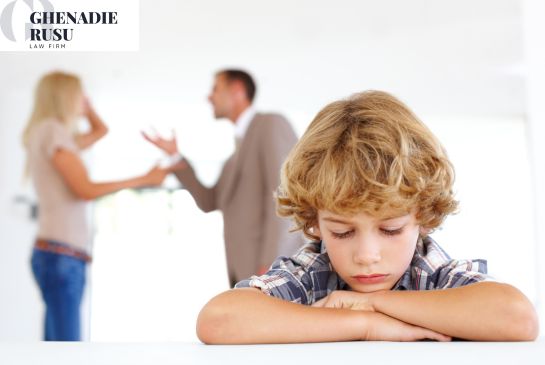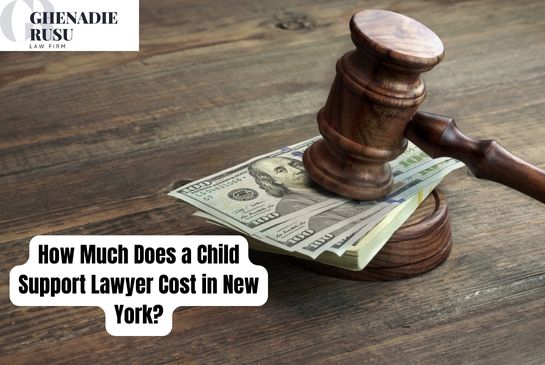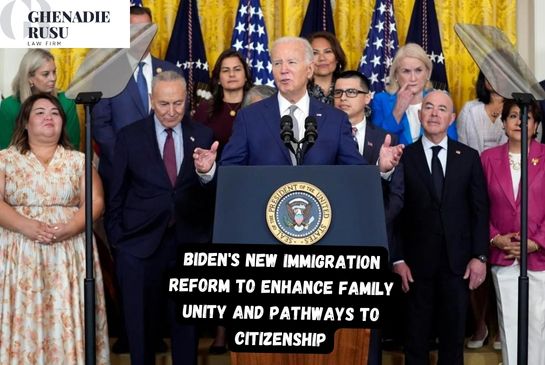The Violence Against Women Act (Abuser Vawa) is a crucial piece of legislation designed to address domestic violence, protect victims, and hold abusers accountable. It offers protection to immigrants suffering from abuse by a U.S. citizen or lawful permanent resident family member.
In this article, we will explore the consequences faced by abusers under VAWA and the steps taken to rehabilitate their behavior. By understanding the legal actions, potential penalties, and rehabilitation programs, we can gain insight into the impact of VAWA on abusers and the long-term goal of breaking the cycle of violence.
How Does VAWA Affect The Abuser?
When a VAWA application is pursued, the abuser is not notified of the application to prevent further harm or manipulation. Unlike what many fear, VAWA does not directly penalize the abuser with criminal charges but offers a pathway for victims to seek safety and independence. However, if the abuse involves criminal activities, separate legal action might ensue against the abuser outside the scope of VAWA.
Are you unsure about a VAWA attorney in New York City? Call The Law Office of Ghenadie Rusu at (347) 907-1248 to shed light on your concerns. We offer personalized consultations for clients in NYC and surrounding areas.
Understanding VAWA
Domestic violence refers to a pattern of abusive behavior used by one person to gain power and control over another in an intimate relationship. VAWA, enacted in 1994, recognizes the gravity of this issue and aims to combat it comprehensively. The primary goals of VAWA include providing support and resources for victims, raising awareness, and promoting prevention efforts.
Legal Actions under VAWA
VAWA incorporates both civil and criminal provisions to protect victims and hold abusers accountable. When an incident of domestic violence occurs, victims can seek emergency protective orders that grant them immediate protection. These orders typically include provisions for maintaining a certain distance from the victim, their residence, and workplace.
In cases where the abuser is an immigrant, VAWA also offers immigration relief options. Victims who are married to a U.S. citizen or lawful permanent resident and have experienced abuse can seek a U visa or self-petition for a green card under the VAWA provisions.
Consequences for the Abuser
Abusers who are identified and reported may face serious consequences under VAWA. Law enforcement agencies can arrest and prosecute individuals who commit acts of domestic violence. Convictions can result in restraining orders or injunctions, which restrict the abuser’s contact with the victim and may include provisions such as mandatory counseling or anger management programs.
The severity of penalties for abusers varies depending on the jurisdiction and the nature of the offense. These penalties can range from fines and probation to imprisonment, particularly in cases involving severe harm or repeat offenses.
Rehabilitation Programs for Abusers
Addressing abuser behavior is crucial to breaking the cycle of violence and promoting healthier relationships. Rehabilitation programs focus on counseling and therapy to address the root causesof abusive behavior. These programs aim to teach abusers about healthy communication, anger management, and empathy. By providing resources and support, rehabilitation programs encourage abusers to take responsibility for their actions and seek help in changing their behavior.
Various organizations offer counseling and therapy options specifically tailored for abusers. These programs provide a safe space for individuals to explore the underlying factors that contribute to their violent behavior. Through individual or group sessions, abusers can gain insights, develop coping strategies, and learn healthier ways of resolving conflicts.
Prevention and education programs also play a crucial role in addressing domestic violence. These initiatives aim to raise awareness, challenge societal norms that perpetuate violence, and promote respectful relationships. By addressing the root causes of violence, these programs strive to create a society where abuse is not tolerated.
If you are seeking help with your VAWA self-petition in NYC, no worries anymore because the Law Office of Ghenadie Rusu experienced attorneys are ready to assist you. Please contact us online to schedule a consultation or Visit our office.
Impact on Custody and Visitation Rights
VAWA also influences child custody cases involving domestic violence. When determining custody and visitation rights, courts prioritize the safety and well-being of the child and the victim. The abuser’s history of violence is taken into account, and the court evaluates their fitness as a parent.
In cases where there is evidence of domestic violence, courts may impose restrictions on the abuser’s contact with the child. This can include supervised visitation or the requirement of completing a rehabilitation program before being granted visitation rights. The primary concern is to ensure the safety and emotional well-being of the child.
Mandatory Reporting and Confidentiality
Professionals working in fields such as healthcare, education, and social services have an obligation to report incidents of domestic violence under mandatory reporting laws. These laws aim to protect victims and ensure that they receive the necessary support and assistance. However, maintaining victim confidentiality is equally important.
Balancing victim safety and privacy rights can be a delicate task. Professionals must follow established protocols to ensure that the victim’s information is handled with care and only shared with individuals who are directly involved in their safety and well-being. Breaches in confidentiality can further traumatize victims and discourage them from seeking help. Read more about our guide on Common Law Marriage NYC
Long-Term Consequences for the Abuser
The consequences of engaging in domestic violence can have long-term impacts on the abuser’s life. Criminal records resulting from convictions for domestic violence can limit employment prospects and educational opportunities. Potential employers and institutions may view such records as indicators of a propensity for violence and may be hesitant to offer opportunities to individuals with such backgrounds.
Furthermore, engaging in abusive behavior can strain personal relationships and result in social isolation. Friends and family members may distance themselves from the abuser, recognizing the harm caused by their actions. Rebuilding trust and repairing damaged relationships can be a challenging and lengthy process.
Breaking the cycle of violence and seeking help is essential for abusers. Recognizing the problem, acknowledging responsibility, and actively participating in rehabilitation programs can lead to personal growth and positive change. By addressing the underlying issues that contribute to abusive behavior, abusers have the opportunity to create healthier relationships and contribute to safer communities.
The Role of Rehabilitation in Society
Rehabilitation programs for abusers play a crucial role in society by addressing the root causes of domestic violence. By providing abusers with the necessary tools, support, and education, these programs aim to reduce recidivism rates and create safer communities.
Breaking the cycle of violence requires a multifaceted approach that includes prevention, support for victims, and rehabilitation for abusers. By addressing the underlying factors that contribute to abusive behavior and promoting healthy relationship dynamics, society can work towards eradicating domestic violence and fostering a culture of respect and empathy.
Conclusion
Under the Violence Against Women Act (VAWA), abusers face legal consequences for their actions. These consequences can range from arrest and prosecution to restraining orders and criminal penalties. However, VAWA also recognizes the importance of rehabilitation programs in addressing the root causes of abusive behavior. These programs aim to educate abusers, promote healthier relationships, and reduce recidivism rates.
Through counseling, therapy, and prevention initiatives, abusers are given the opportunity to confront their behavior, understand the impact of their actions, and learn alternative ways of resolving conflicts. By breaking the cycle of violence, abusers can work towards personal growth and contribute to creating safer communities.
It is crucial to understand that rehabilitation programs alone cannot solve the issue of domestic violence. A comprehensive approach that includes support for victims, community education, and legal interventions is necessary to address this pervasive problem.
It is important to consult with our office to understand how VAWA applies to your specific circumstances. Our knowledgeable attorney can guide you through the process, help gather the necessary evidence, and provide legal representation to strengthen your case.
Contact the Law Office of Ghenadie Rusu: Schedule a confidential consultation today to discuss your situation and learn how we can help you.
Read Our Latest Posts:
- EB-1 Green Card Processing Time in NYC
- EB2 Visa Requirements, Timeline, Process
- EB3 Visa Requirements, Timeline, Process
- What is the Process of Applying for H1B Visa
FAQs
What are the consequences of VAWA?
VAWA offers protections for abuse victims, including the ability to apply for lawful status independently of the abuser. The abuser is not notified of the application, but there are no direct legal consequences to the abuser under VAWA.
Does cheating qualify for VAWA?
No, infidelity alone does not qualify for VAWA protection. VAWA is intended to protect individuals from abuse, which includes physical, sexual, emotional, or psychological harm.
What are the benefits of VAWA immigration?
Benefits include obtaining lawful status, work authorization, and eventually applying for permanent residency without the abuser’s involvement or consent.
What are the requirements for VAWA?
Applicants must show that you suffered abuse at the hands of the U.S. citizen or lawful permanent resident spouse or parent.
Is VAWA permanent?
VAWA itself offers a path to permanent residency, but the initial approval grants a temporary status. Successfully obtaining recognition under VAWA status will open up a legal permanent resident pathway for you..
How does USCIS investigate VAWA?
USCIS reviews submitted evidence, which may include police reports, medical records, testimony from witnesses, and other relevant documents that support the claim of abuse.
How long does the VAWA case take to process?
The processing time can vary, generally taking from 24 to 36 months, depending on the case’s complexity and USCIS backlog.
How fast is VAWA approved?
Approval times vary; generally, it can take 24-36 months
Do they interview for VAWA?
There is no interview with Immigration Department.
What evidence does USCIS request for evidence?
Evidence can range from missing passport pages or an incomplete bank statement to a birth certificate that is not in English.
Can an abuser face both civil and criminal consequences under VAWA?
Yes, VAWA incorporates both civil and criminal provisions to address domestic violence. Abusers can face legal actions in both civil and criminal courts, depending on the circumstances and severity of the abuse.
Are rehabilitation programs mandatory for abusers under VAWA?
Rehabilitation programs are not always mandatory under VAWA. However, participation in these programs can be beneficial for abusers who seek to address their behavior and break the cycle of violence.
How does VAWA impact child custody cases involving domestic violence?
VAWA prioritizes the safety and well-being of the child and the victim in child custody cases. Courts consider the history of domestic violence when determining custody and visitation rights, and the abuser’s behavior is evaluated in the best interest of the child.
What are the long-term consequences for abusers convicted of domestic violence? Abusers
who are convicted of domestic violence can face long-term consequences such as criminal records, which can limit employment and educational opportunities. Additionally, engaging in abusive behavior can strain personal relationships and result in social isolation.
Are rehabilitation programs effective in reducing recidivism rates among abusers?
Rehabilitation programs play a vital role in reducing recidivism rates among abusers. By addressing the root causes of abusive behavior and providing education and support, these programs help abusers develop healthier relationship dynamics and contribute to breaking the cycle of violence.
Please note that the information provided in this article is for general purposes only and should not be considered legal advice. If you or someone you know is experiencing domestic violence, it is essential to seek professional help and support from organizations specializing in domestic violence prevention and victim assistance.

